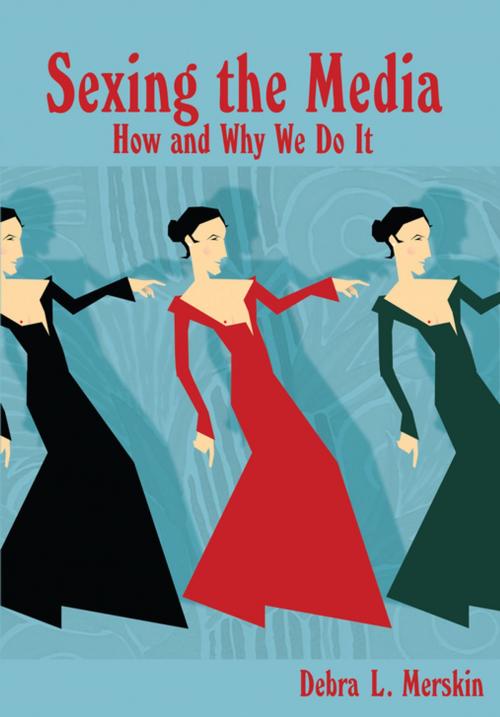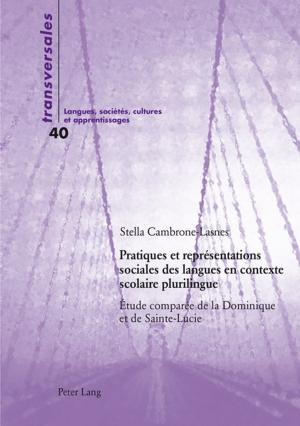Sexing the Media
How and Why We Do It
Nonfiction, Reference & Language, Language Arts, Communication, Entertainment, Theatre, Art & Architecture, General Art| Author: | Debra L. Merskin | ISBN: | 9781454193197 |
| Publisher: | Peter Lang | Publication: | June 15, 2012 |
| Imprint: | Peter Lang Inc., International Academic Publishers | Language: | English |
| Author: | Debra L. Merskin |
| ISBN: | 9781454193197 |
| Publisher: | Peter Lang |
| Publication: | June 15, 2012 |
| Imprint: | Peter Lang Inc., International Academic Publishers |
| Language: | English |
Sex in the media is one of the hottest topics of the day. We know that advertising, television, cinema, and other forms of communication use sex to sell us products and pump up story lines. The question is: why are sex and sexuality such effective tools for getting our attention?
Sexing the Media: How and Why We Do It is a textbook that explores answers to this question through historical, sociological, psychological, and ideological perspectives. It explores how media and other social institutions use sex and sexuality (the capacity to have erotic experiences and responses) to advance economic and ideological interests.Cinema, music, music videos, television programs, advertising, and the Internet are discussed as carriers of deliberately constructed messages that contribute to and support a master narrative that privileges heterosexuality and monogamy.
This interdisciplinary text includes contemporary case studies as examples that would be useful in courses in media, cultural studies, sociology, and psychology.
Sex in the media is one of the hottest topics of the day. We know that advertising, television, cinema, and other forms of communication use sex to sell us products and pump up story lines. The question is: why are sex and sexuality such effective tools for getting our attention?
Sexing the Media: How and Why We Do It is a textbook that explores answers to this question through historical, sociological, psychological, and ideological perspectives. It explores how media and other social institutions use sex and sexuality (the capacity to have erotic experiences and responses) to advance economic and ideological interests.Cinema, music, music videos, television programs, advertising, and the Internet are discussed as carriers of deliberately constructed messages that contribute to and support a master narrative that privileges heterosexuality and monogamy.
This interdisciplinary text includes contemporary case studies as examples that would be useful in courses in media, cultural studies, sociology, and psychology.















